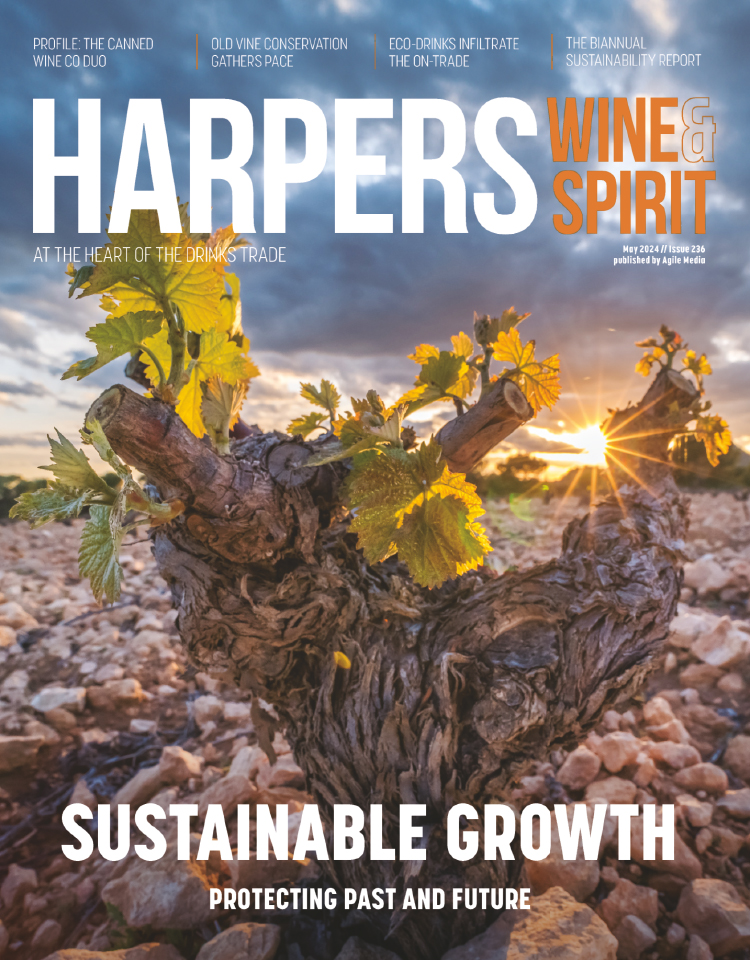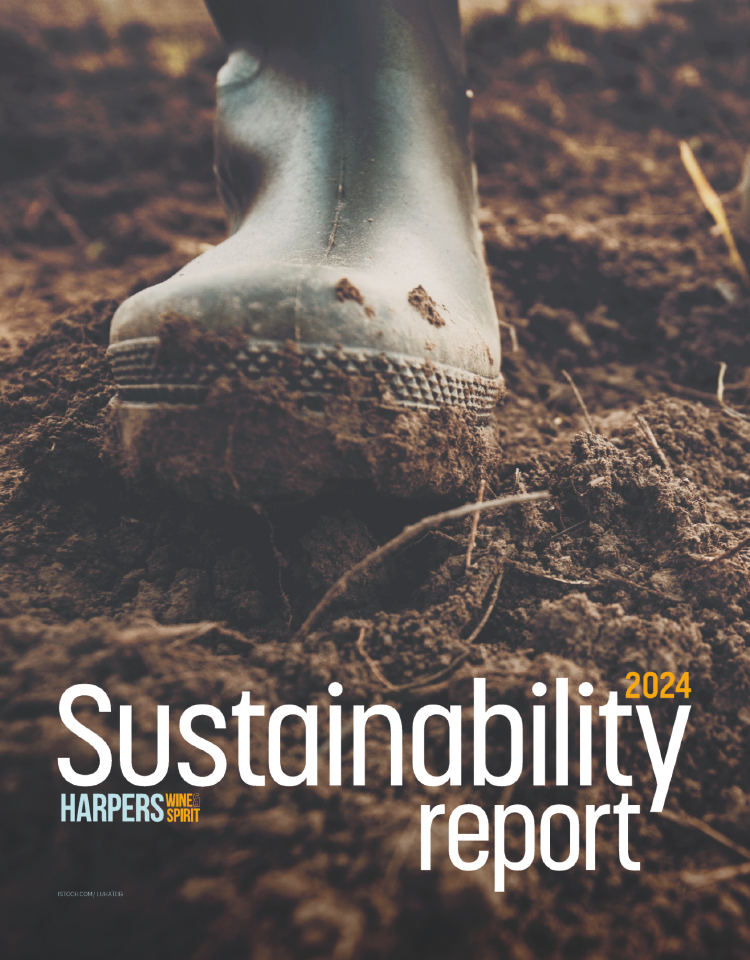
Friday Read: Multiple price pressures
The following nicely captures the predominant supplier view of UK supermarkets.
“We most definitely need higher prices for our wines, but we face resistance from the gatekeepers who in turn ‘pass the blame’ on to the consumer, whom they say will not pay more for South African wine,” says Greg Guy, international director at DGB. Many others echoed his sentiments during my last South African press tour.
And who can blame them? Supermarkets are responsible for some 70% of retail sales in the UK and the business model is hardly enticing; products are sold by push, with relatively small margins heavily reliant on discount-led marketing.
Most major supermarkets have, in broad strokes, been chasing the same strategy: product streamlining and the substitution of branded wines with private labels. This enables the retailer to change supplier at will to a handsome profit, or bully the producer into a price reduction. It all adds up to a very dreary supermarket wine scene.
Unfortunately, Covid-19 is likely to encourage most buyers to drive an even harder bargain. Several major producers have shared - off the record – their feelings of dread concerning upcoming meetings to discuss price and volume. They are painfully aware that plenty of big producers around the globe are likely to be juggling large stocks of unsold wine, creating downward price pressure on volume-led, cheaper brands.
Moreover, according to a recent Mintel market report, it is a myth that online and retail sales can plug the gap caused by the loss of on-trade revenue. The report states that there will be “a significant loss of volume sales in the UK market, down to around £42bn in 2020 due to restaurant, bar and pub closures”.
Conversely, total alcohol sales hit £49bn in the UK in 2019. Mix in the growing moderation and abstinence trend and you're surely left with a buyer's paradise. Consumers should, in theory, benefit from cheaper private label wines, but big producers may have to fight hard to keep prices at sustainable levels.
“It's true that the supermarkets are not going to be rushing to pay more for volume products,” observes Jeroboam's wine director Peter Mitchell MW. “Any producer whose main route to market is through multiples will always be exposed to market restructuring within that sector as there are less potential customers to begin with.”
However, Michell argues that it is the medium sized, 'mainstream premium' segment that potentially has the most to lose from Covid-19.
“The hardest hit will be producers who have specialised in supplying the big wholesalers and their national accounts. With the loss of most summer events this year and no certainty of what will be left of the restaurant industry, it is producers supplying this sector - some of which are mainstream premium producers - who will have suffered the most pain and will continue to do so for the foreseeable future.”
Nevertheless, most producers I've contacted agree that consumers should expect cheaper private label and entry-level brands – at the expense of their margins, of course. Others are cautiously sanguine.
“South Africa has suffered three years of drought conditions which created very significant upward pressure on production prices. The 2020 vintage in South Africa was the first good post drought vintage so naturally there has been some softening in prices to reflect increased production in the bulk marketplace,” says Cape-based Journey's End MD Rollo Gabb.
“Premium South Africa producers focussed solely on the on-trade or the domestic market will be increasingly exposed as a result of Covid-19. But for those producers who are making site-specific high quality wines, there is less opportunity to reduce pricing as yields remain broadly consistent.”
Of course, it depends on who you do business with. Mirabeau en Provence founder Stephen Cronk is fortunate to have Waitrose on his side - a supermarket with a decent selection of premium branded wines. It has been selling Mirabeau's rosé for years.
“At the moment I'm reasonably optimistic; thus far, overall sales of Mirabeau are actually higher than 2019,” reports Cronk.
“But there are challenges ahead – we're expecting a massively reduced harvest in 2020 for example. Nevertheless, I would expect prices to stay flat for the next couple of years – no buyer is going to accept a rise. Unemployment in the UK is going to increase significantly and we're in for tougher times. There has been pressure (from some quarters) for years to reduce prices of Provencal rosé – buyers sometimes hark back to the days when it was £5. But it's now a premium product and we have to stay the course.”
Conversely, brands that were reliant on the hospitality sector are having to drastically alter their approach and strategy. Direct-to-consumer models are increasingly being touted as an alternative to chasing on-trade accounts - Spanish producers are now going down this route, including Alvaro Palacios and Rioja label Ramón Bilbao.
“The biggest market for Ramón Bilbao is Spain, where the on-trade is the more dominant channel. So, the strict lockdown in Spain had a very drastic effect on Ramón Bilbao sales. However, we did put a programme together quickly to drive a successful online sales strategy both in Spain and also with our key distributors in Europe,” explains Kirsty Loftus, UK, Ireland & Iceland area manager at Zamora Company (which owns Rioja producer Ramón Bilbao).
“This move to DTC sales can also be seen in the UK, with a 600% increase in Ramón Bilbao Sales in 2020 over the April-May period vs 2019, via the online platform at Great Western Wines. Time will tell whether consumers continue to buy wine online at the same rate once the on-trade restarts, but we do see the opportunity in this channels and will be adapting our brand plans to accommodate this. The home consumption moment could be a key opportunity for wine brands to better understand their consumers.”
Last week, the BBC ran a story, ‘Is the UK on the brink of a revolution in how we buy food?’, which suggested that UK consumers were poised to change their food-buying habits as a result of Covid-19, with a shortening of the food chain down to growing DTC sales. Could the same be about to happen with wine?
Keywords:
- wine
- UK market
- off-trade
- Retail sales
- supplier
- Supermarket
- multiple
- retailer
- price pressure
- gatekeeper





